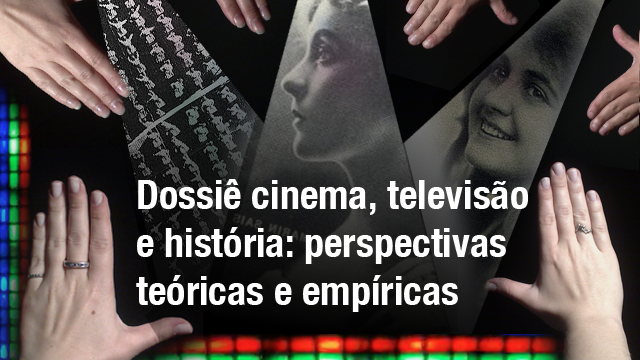Politics of suffering and the mediatic narratives of natural catastastrophe
DOI:
https://doi.org/10.15448/1980-3729.2011.1.8808Keywords:
Catastrophes, virtual victim, mediaAbstract
This article proposes the concept of the virtual victim as a feature of contemporary subjectivity. The virtual victim emerges when, faced with mediatic narratives, individuals grasp the possibility of a sudden irruption of suffering in pleasurable routines. In its historical specificity the virtual victim causes three main transformations in the politics of piety that shaped the recognition of the suffering of others in modernity: 1) the shift from inequality to safe and pleasurable routines as a site for conceiving justice; 2) the replacement of piety towards the suffering poor to individual compassion at a distance; 3) the passage of denouncing the role of the State in perpetuating inequality to indignation rooted in the incompetence and immorality of “politicians”. In order to empirically present these shifts, the article confronts the narratives of recent floods and landslides in Angra dos Reis with media narratives of other natural disasters since the 1970s.Downloads
References
ARENDT, Hannah. On revolution. Londres: Penguin Books, 1965.
BOLTANSKI, Luc. Distant suffering: morality, media and politics. Cambridge: Cambridge University Press, 1999.
BRESLAU, N.; KESSLER, R. C. The stressor criterion. DSM–IV post-traumatic stress disorder: An empirical investigation. Biological Psychiatry, v. 50, p. 699-704, 2001.
FASSIN, Didier. La souffrance du monde. Considérations Anthropologiques sur les Politiques Contemporaines de la Compassion. Évolution Psichyatrique, v. 67, p. 676-89, 2002.
______. La raison humanitaire. Paris: Seuil/Gallimard, 2010.
FASSIN, Didier; RECHTMAN, Richard. The empire of trauma. Princeton. Princeton University Press, 2009.
Foucault, Michel. L’archéologie du savoir. Paris: Gallimard, 1969.
FUREDI, Frank. Therapeutic culture: cultivating vulnerability in an uncertain age. Londres: Routledge, 2003.
GAUCHET, Marcel. A democracia contra ela mesma. São Paulo: Radical Livros, 2010.
JACOBS, James J.; POTTER, Kimberly. Hate crimes: criminal law & identity politics. Oxford: Oxford University Press, 1998.
KOSELLECK, Reinhart. Futuro passado. Rio de Janeiro: Contraponto/PUC-Rio, 2006.
Rosanvallon, P. Le contre-démocratie: la politique a l’âge de la défiance. Paris: Éditions du Seuil, 2006.
SIMON, Jonathan. Governing through crime. Oxford: Oxford University Press, 2007.
SOARES, Glaucio Ary Dillon; MIRANDA, Dayse; BORGES, Dorian. As vítimas ocultas da violência na cidade do Rio de Janeiro. Rio de Janeiro: Civilização Brasileira, 2006.
VILAIN, Jean; LEMIEUX, Cyril. La mobilisation des victimes d’accidents collectives. Politix, v. 11, n. 44, p. 135-60, 1998.
WIEVIORKA, Anette. L’ére du témoin. Paris: Hachette, 1998.
WIEVIORKA, Michel. L’emergence des victimes. Sphera publica, v. 03, 2003.
Downloads
How to Cite
Issue
Section
License
Copyright
The submission of originals to Revista Famecos implies the transfer by the authors of the right for publication. Authors retain copyright and grant the journal right of first publication. If the authors wish to include the same data into another publication, they must cite Revista Famecos as the site of original publication.
Creative Commons License
Except where otherwise specified, material published in this journal is licensed under a Creative Commons Attribution 4.0 International license, which allows unrestricted use, distribution and reproduction in any medium, provided the original publication is correctly cited.






